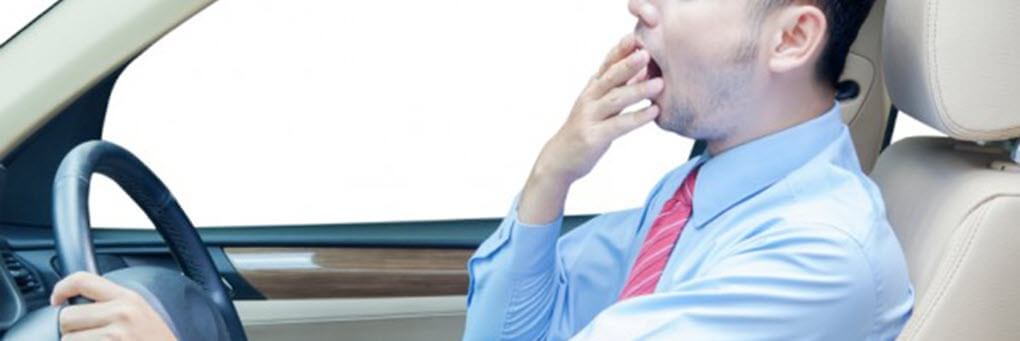The Dangers of Driving While Sleep Deprived
Drowsy Driving Prevention Week is Nov. 1-8, 2020
Take it from Philadelphia’s car accident lawyers — if you feel deprived of sleep, you should not get behind the wheel. According to the Sleep Foundation, sixty percent of adults in the U.S. have done it and around one-third of people have actually fallen asleep at the wheel. Driving while sleep-deprived can put you, your passengers, and other drivers on the road at risk of serious harm.
Driving while sleep deprived is like driving drunk.
Did you know that a person who has not slept for 24 hours has the same driving ability as a person with a .10 blood alcohol level? According to the CDC, driving without enough sleep puts you in as much danger as drunk driving. Likewise, someone who has been awake for at least 18 hours is at as much risk as someone driving with a blood alcohol content of .05%.
Signs of Drowsy Driving
As you are driving, your body will send you signals alerting you that it may not be safe for you to continue operating your vehicle. Some of these signs include:
- Heavy eyelids
- Yawning
- Nodding off
- Drifting lanes
If you start experiencing these symptoms of sleep-deprived driving, you risk losing focus and slowing down your reaction times which can result in an accident.
Drowsy driving by the numbers.
A study by the AAA Foundation for Traffic Safety estimated that 328,000 drowsy driving crashes occur annually. Most often, accidents caused by sleep-deprived drivers occur between midnight and 6 a.m. However, some accidents have happened in the late afternoon hours when people are most likely to experience a midday slump.
No matter what, you should always listen to your body. If you feel too tired to control a vehicle, do not push yourself to get behind the wheel. Instead of driving while sleep deprived, you should:
- Delay your travel until you can get enough rest and be fully alert.
- Avoid drinking and driving, as alcohol can cause drowsiness.
- If you take prescription medication that causes drowsiness, be mindful of that before operating a vehicle.
- If you are planning a long drive, get a good night of sleep.
- Take in some form of caffeine to give you the energy you need to drive a short distance until you reach a rest stop or motel.
- Avoid driving during the peak hours for accidents caused by sleep deprivation (midnight and 6 a.m).
- Have another passenger take over, as long as they are alert and licensed to drive.
- Pay attention – even if you are feeling alert, another driver may not be.
What to Do if You Were in a Drowsy Driving Car Accident
It can be challenging to determine if a driver fell asleep at the wheel, nodded off, or was experiencing signs of fatigue leading to your car accident. That is why you need to enlist the help of experienced car accident lawyers. If you or a loved one was in a car accident or injured by a drowsy driver, contact the personal injury lawyers at Flager & Associates today by calling (215) 953-5200. We provide free case evaluations.
Additional Resources:


